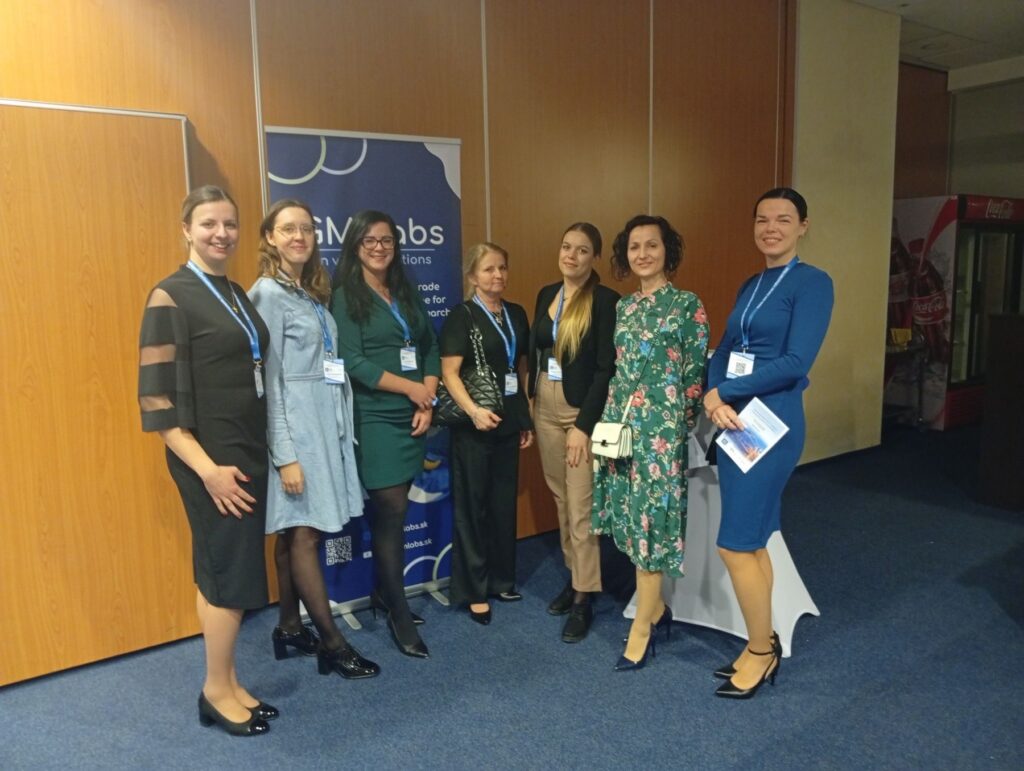Research interests
The main objectives of Laboratory of Microbial Genetics are oriented to research of gastrointestinal and skin microflora of companion-, wild-, and farm- animals, including bee. The primary field of focus is monitoring of phenotypic and genotypic antibiotic resistance of gastrointestinal Gamma Proteobacteria (Escherichia coli, Klebsiella sp., Pseudomonas aeruginosa) with focusing to the most important resistance mechanisms such as plasmid ampicillinases, cephalosporinases, carbapenemases, plasmid resistance to fluoroquinolones and resistance to colistin and mammary gland and skin Staphylococcus sp. bacteria to detect dangerous types of resistance as MRSA; MRCoNS; VRSA or MLSB. Moreover, our lab explores the effect of progressive and new eco- friendly combating strategies against animal infection caused by multi-drug resistant biofilm producing bacteria, such as various natural substances (probiotics – bacteriocins; plant-derived bioactive compounds; organic acids; stem cells – antimicrobial peptides; metallic element – nanoparticles; bacteriophages etc.). Research focused on testing the antibiotic and antibiofilm effects of selected natural substances provides the basis for the development of new therapeutics that are beneficial not only for veterinary practice (in the management of recurrent infections), but also respect the European Union’s “Farm to Fork” strategy, which represents an essential tool in the fight against antibiotic resistance.

Lab equipment
- Agilent 2100 capillary microelectrophoretic system for automated on-chip electrophoretic analysis of DNA, RNA and proteins, with the option of simple flow-cytometric analysis.
- MALDI TOF – Bruker’s Biotyper for bacterial diagnostics and biodiversity determination of bacteria and yeast based on protein spectra.
- DCode Universal Mutation Detection System from BioRad with extension for DGGE analysis.
- CHEF-DR III System for pulse electrophoresis.
- ABI PRISM 3100 Genetic Analyzer for sequence analysis with extension for fragmentation analysis.
People
Zuzana Alexiová
RNDr. Dobroslava Bujňáková, PhD. – head of the laboratory
MVDr. Tímea Galambošiová
RNDr. Anna Guľašová
Ing. Ľudmila Hamarová, PhD.
RNDr. Silvia Ivorová
MVDr. Lívia Karahutová, PhD.
RNDr. Anna Kopčáková, PhD.
Doc. RNDr. Peter Pristaš, CSc.
MVDr. Viola Strompfová, DrSc.
MVDr. Lucia Štempelová, PhD.




